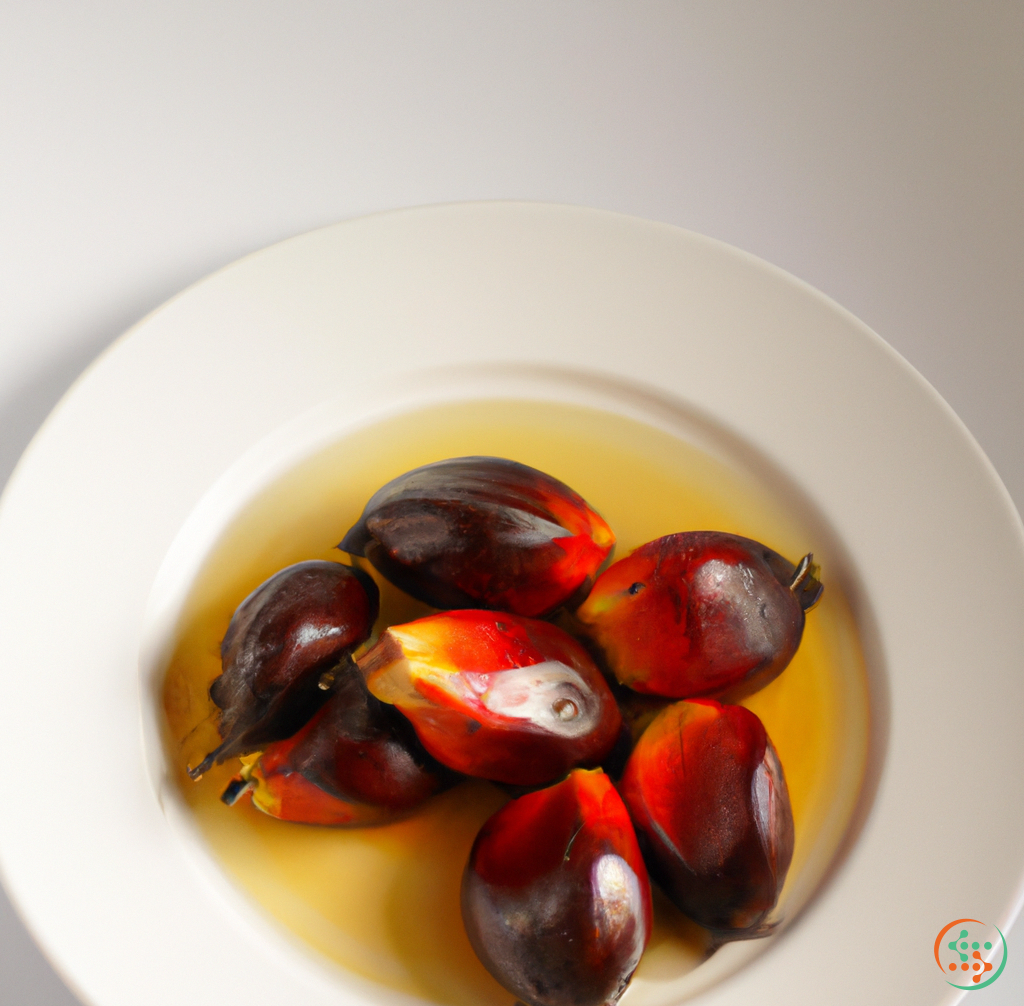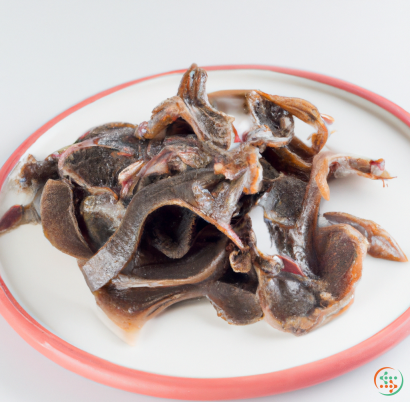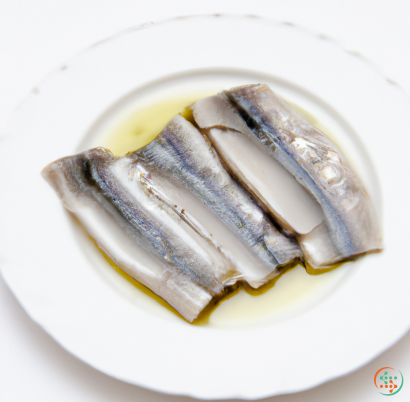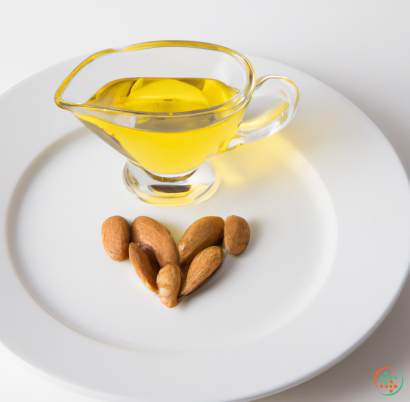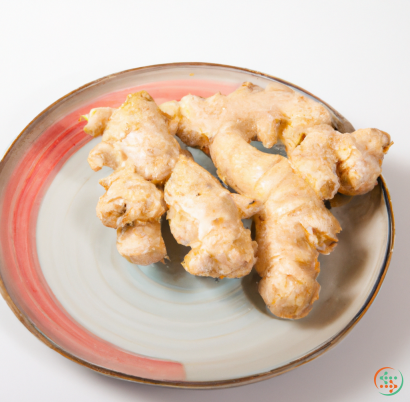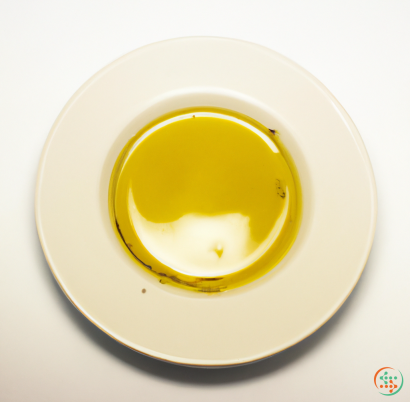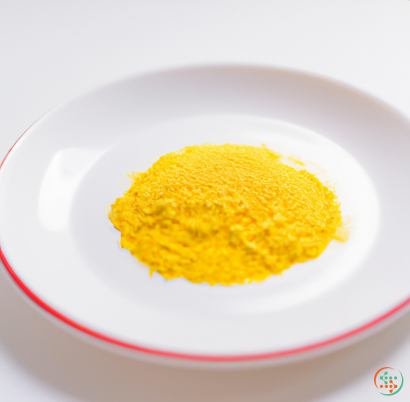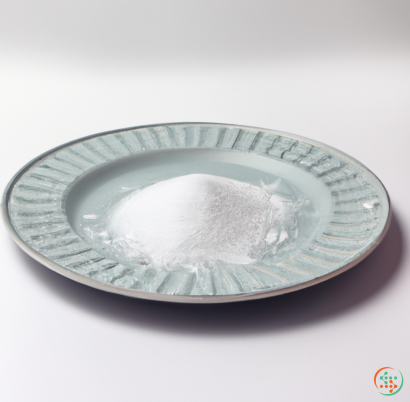Palm Oil
Palm oil is one of the most popular and versatile oils used for cooking, cosmetics, biofuel and more. It is derived from the fruit and seeds of the oil palm tree, which is native to West and Central Africa. As the global population continues to grow, demand for palm oil has skyrocketed in recent decades; it is now the most consumed vegetable oil on the planet. With its many uses, it is not surprising that people are turning to this plentiful oil as a sustainable source of energy and nutrition.
The oil is extracted from either the fruit or the seed of the oil palm. Unlike other vegetable oils, which are extracted from plants by pressing, palm oil is extracted by using solvents. The resulting oil is semi-solid and yellowish in color, and it has a relatively high smoke point, which makes it a popular choice for cooking. It is also prized for its high levels of saturated fat, which provide flavor and texture to food.
There are two main types of palm oil: refined and crude. Refined palm oil has been processed to remove impurities and contaminants, while crude palm oil has not been processed and still contains its original nutrients. While there are some differences between the two types of oil, both have similar nutritional benefits.
Palm oil is a natural source of palmitic acid, which is a type of saturated fat. This type of fat is beneficial for maintaining healthy blood sugar levels and for providing energy. Additionally, it is a rich source of beta-carotene, which is an important antioxidant for eye health.
Palm oil is also filled with mono- and polyunsaturated fats, which are essential for cardiovascular health. These fats help control bad cholesterol levels, reduce inflammation throughout the body, and have been shown to protect against a variety of diseases.
The extract from the oil palm can also be used to make biodiesel, which is a cleaner burning and more environmentally friendly alternative to conventional fossil fuels. Biodiesel is a renewable energy source that is made from the triglycerides that are found in vegetable oils, such as palm oil. When used in engines, it produces fewer harmful emissions than gasoline or diesel, making it a more sustainable choice.
In addition to its many uses, palm oil has been linked to several health benefits. Studies have shown that it can help reduce cholesterol levels, reduce inflammation throughout the body, and even help protect against cardiovascular disease. Additionally, its antioxidant properties have been shown to help boost the immune system, reduce the risk of cancer, and protect against age-related decline.
Overall, palm oil is a readily available, sustainable source of energy and nutrition. While it does contain relatively high levels of saturated fat, it is a healthier choice than other vegetable oils, as it contains a variety of beneficial nutrients. It is also an excellent choice for biodiesel, as it produces fewer emissions than traditional petroleum-based fuels. Finally, its numerous health benefits, such as reducing inflammation and protecting against several diseases, make it a great dietary addition for those looking for a safe and natural way to improve their overall health.
Palm oil is a versatile and widely used type of vegetable fat found in everything from processed foods and cosmetics to biodiesel fuel. It is derived from the fruits of the oil palm tree, also known as Elaeis guineensis, a tropical species that is native to West Africa. Palm oil is often unsustainably sourced, in part due to the high demand for it and the unsustainable practices used to grow and cultivate it. Understanding the journey from farm to table will help to shine a light on the need for sustainable practices when it comes to this popular ingredient.
The Process of Palm Oil Production
Palm oil production starts with fruit production. The oil palm tree has a unique life cycle in which it produces fruit bunches several times a year; each bunch contains around 1,500 to 3,000 individual fruits. The tree begins producing fruit at the age of approximately four years old and can continue to do so until the age of 25 years. The oil palm fruits are oval in shape and vary in color from yellow to reddish-orange.
Once the fruit has reached maturity and is ready for harvest, it must be removed from the tree branch by branch. The harvest is typically done by hand, and workers must carefully prune the branches to ensure that the entire tree remains healthy and productive. The harvested fruit can either be sold in its raw form or processed into palm oil.
Processing begins with the fruit being cleaned and heated to break down any fibers in the flesh. The fruit is then sent through a combination of grinding, squeezing, and separating machines to extract the palm oil from the hulls, shells, and seeds. After the oil is collected, it is then typically refined, bleached, and deodorized to create the final product. Depending on the end application, additional additives can be added to the oil to increase its shelf life or to give it properties that make it more desirable.
From Farm to Table
Once the palm oil has been processed, it is then ready to be shipped around the world. Processed palm oil is typically sold in bulk, but smaller quantities can be packaged and labeled for retail sale. Most of the palm oil produced is consumed as food, so it must be carefully packaged and labeled so that consumers know that it is safe for human consumption.
Palm oil can be used in numerous food products, including cookies, crackers, and snack bars; ice cream and other desserts; vegetable oil; and margarine. It is also an ingredient found in many beauty and hygiene products, such as moisturizers, lipsticks, shampoos, and detergents. Other uses include biofuel and animal feed.
The Benefits and Costs of Palm Oil Production
A significant benefit of palm oil is that it is an efficient and sustainable crop. Palm trees need far less land and water to produce a given amount of oil than other types of vegetable oils, such as soybean or rapeseed oil. It is also relatively inexpensive to grow and process, further reducing the costs associated with its production.
Unfortunately, the high demand for palm oil has led to unsustainable production practices in some parts of the world. It has become a major driver of deforestation, leading to habitat destruction and a number of associated negative impacts on the environment, such as increased carbon dioxide emissions, disrupted water cycles, and biodiversity loss.
As a result, there has been a growing call for more sustainable palm oil production in recent years. Consumers are increasingly demanding that the palm oil in their products comes from sources that have been certified as sustainable and/or have been responsibly sourced from producers who adhere to strict production guidelines.
Conclusion
Palm oil is a ubiquitous and versatile type of vegetable oil that is found in many foods and products that are consumed by people around the world. It is derived from the fruits of the oil palm tree and can be sustainably produced when done correctly. However, mass production of the oil has led to significant environmental damage, and there is now an increased focus on responsible production methods. By understanding the journey of palm oil from farm to table, we can better understand the importance of using sustainably sourced products and work toward reducing our impact on the environment.
| Vitamin E | 0.01594 grams | |
| Vitamin K | 0.008 mg | |
| Vitamin B4 | 0.3 mg |
| Iron | 0.01 mg |
Daily Value 0.018 g
|
| Total Sugars | 0 ug |
per 100g
|
| Lauric acid (12:0) | 0.1 grams |
|
| Myristic acid (14:0) | 1. grams |
|
| Palmitic acid (16:0) | 43.5 grams |
|
| Stearic acid (18:0) | 4.3 grams |
|
| Total Saturated fatty acids: | 48.9 g | |
| Oleic acid (18:1) | 36.6 grams |
|
| Palmitoleic acid (16:1) | 0.3 grams |
|
| Gadoleic acid (20:1) | 0.1 grams |
|
| Total Monounsaturated fatty acids: | 37 g | |
| Linolenic acid (18:3) | 0.2 grams |
|
| Linoleic acid (18:2) | 9.1 grams |
|
| Total Polyunsaturated fatty acids: | 9.3 g | |
